- Home
- slideshows
- miscellaneous
- 7 things you might not know about the George HW Bush administration
7 things you might not know about the George HW Bush administration
The notorious Willie Horton ads

Vomiting on the Japanese Prime Minister
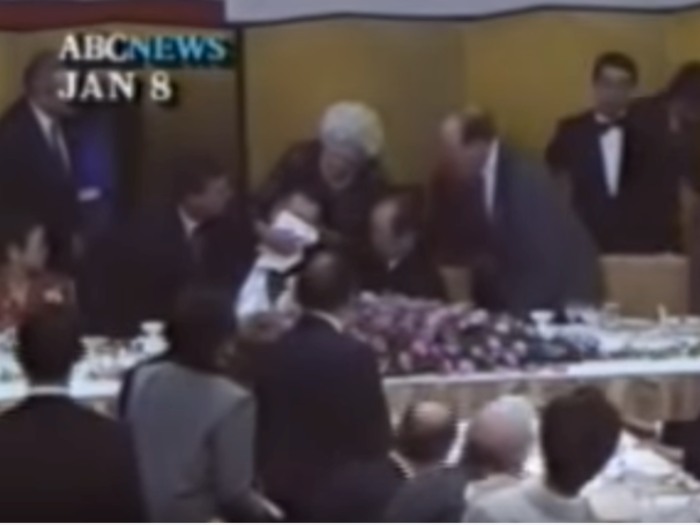
During a 1992 state banquet in Tokyo, Bush became ill between courses of salmon, caviar, and grilled beef, and vomited into the lap of Japanese Prime Minister Kiichi Miyazawa before passing out and falling backwards.
First Lady Barbara Bush rushed over as did the president's Secret Service agents — one even leapt over the long dinner table. Bush was quickly revived, stood up, smiled, and shook Miyazawa's hand before excusing himself.
The incident was later mercilessly parodied on Saturday Night Live.
Cutting ties with the NRA
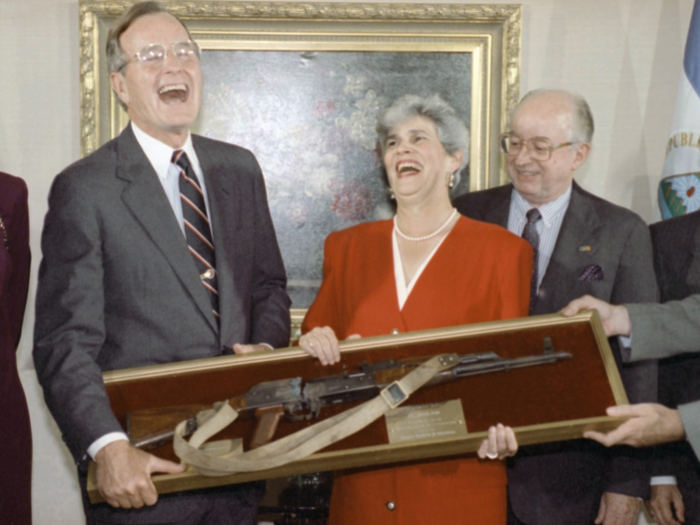
Bush severed ties with the National Rifle Association in 1995 after the gun advocacy group's Executive Vice President Wayne LaPierre called law enforcement and Secret Service agents "jack-booted thugs" who were stripping Americans of their constitutional rights.
Bush condemned LaPierre's statement, which the organization did not retract after criticism, calling it a "broadside against Federal agents."
"You have not repudiated Mr. LaPierre's unwarranted attack," Bush wrote. "Therefore, I resign as a Life Member of NRA, said resignation to be effective upon your receipt of this letter. Please remove my name from your membership list."
Sending a black teen to prison for 8 years for a political stunt
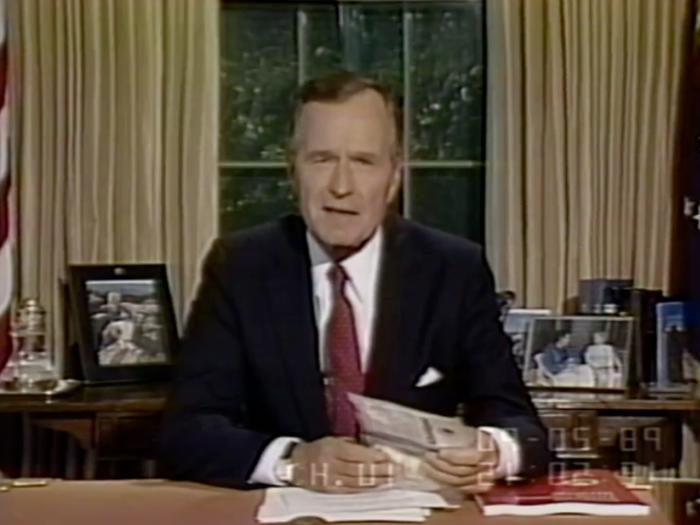
In an effort to illustrate the urgency of the drug epidemic in America, Bush had undercover drug enforcement agents lure a 19-year-old African-American teenager, Keith Jackson, to a park across the street from the White House where the agents bought a bag of crack cocaine from him for $2,400.
Bush held up that bag of drugs, which he falsely said was "seized" from Jackson, during his first nationally televised address from the Oval Office in Sept. 1989 as evidence that no neighborhood was safe from drugs and crime.
"It's as innocent-looking as candy, but it's turning our cities into battle zones," he said of the drugs.
The judge who sentenced Jackson to ten years in prison (following mandatory minimum sentencing laws) urged the young man to appeal to Bush to commute his sentence.
"He used you, in the sense of making a big drug speech," the federal district judge, appointed by President Ronald Reagan, told Jackson. "But he's a decent man, a man of great compassion. Maybe he can find a way to reduce at least some of that sentence."
Bush refused to reduce Jackson's sentence and the teenager was ultimately locked up for nearly eight years.
Bush secretly sent top advisers to China shortly after Tiananmen Square massacre
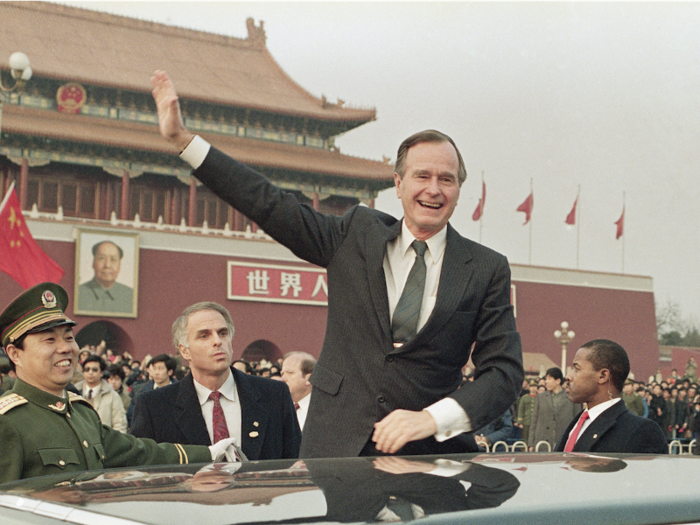
In July 1989, the month after Chinese government officials fired into a crowd of pro-democracy protesters — murdering hundreds (mostly students) — Bush secretly sent his national security adviser, Brent Scowcroft, and a deputy secretary of state to China to meet with top government officials to assure the country's leaders of the American government's
The move, which only became public months after the fact, was widely denounced, in large part because it came after Bush had publicly suspended top-level meetings with the Chinese government as a form of protest against the authoritarian regime's human rights violations.
Critics felt the surreptitious meeting undermined the US's international reputation and moral position.
Checking his watch during a debate with Bill Clinton
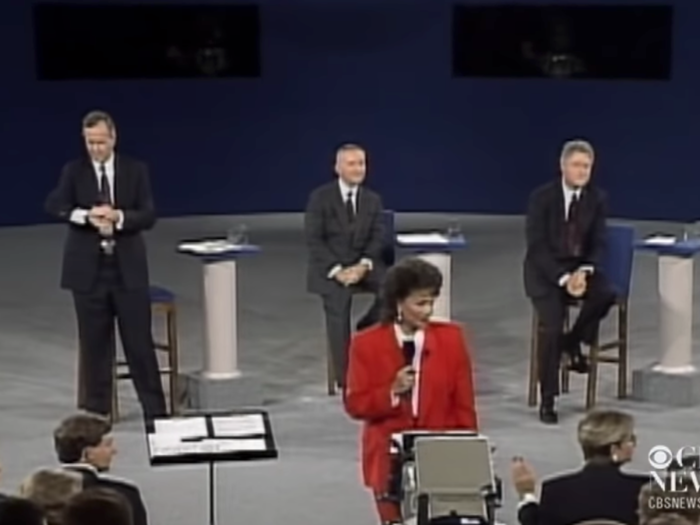
During a 1992 presidential debate with Bill Clinton and Ross Perot, Bush checked his watch during an audience member's question about how the national debt personally affected him.
He then went on to answer the question with seeming impatience. The moment became one of the most notorious gaffes of his losing re-election campaign.
The invasion of Panama
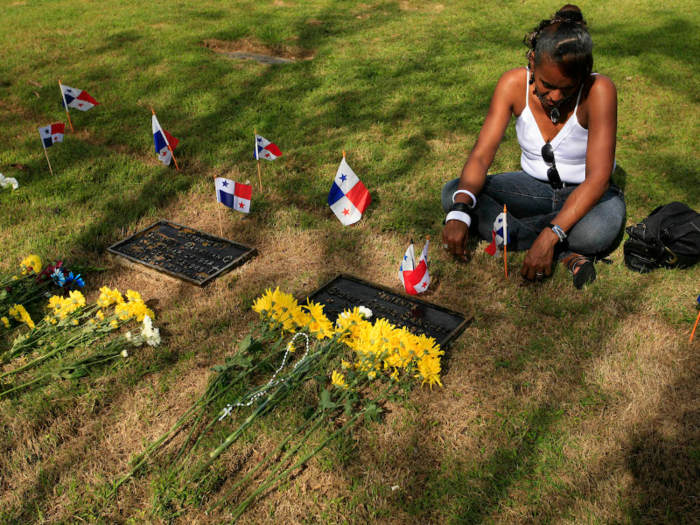
In December 1989, Bush sent 25,000 troops to Panama to overthrow Panamaian strongman Gen. Manuel Antonio Noriega, a former paid CIA informant.
Facing pressure on the political right, Bush justified the attack by characterizing Noriega as a threat to US national security. The invasion was controversial among US military leaders, some of whom resigned rather than carry out the mission.
Twenty US soldiers and three civilians died in the two-week period, but it remains unclear how many Panamanians were killed — the US Army estimates 1,000, while others say the number was closer to 3,000.
Noriega was prosecuted in the US on drug trafficking and conspiracy charges and ultimately spent 20 years in prison.
Popular Right Now
Popular Keywords
Advertisement